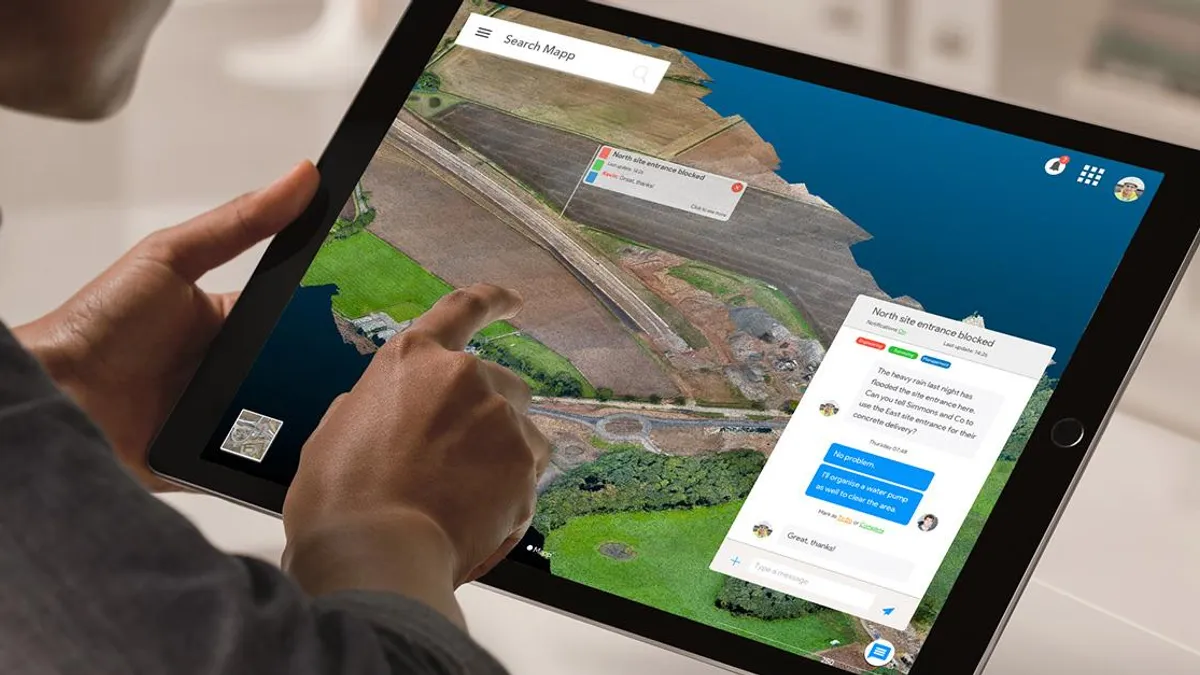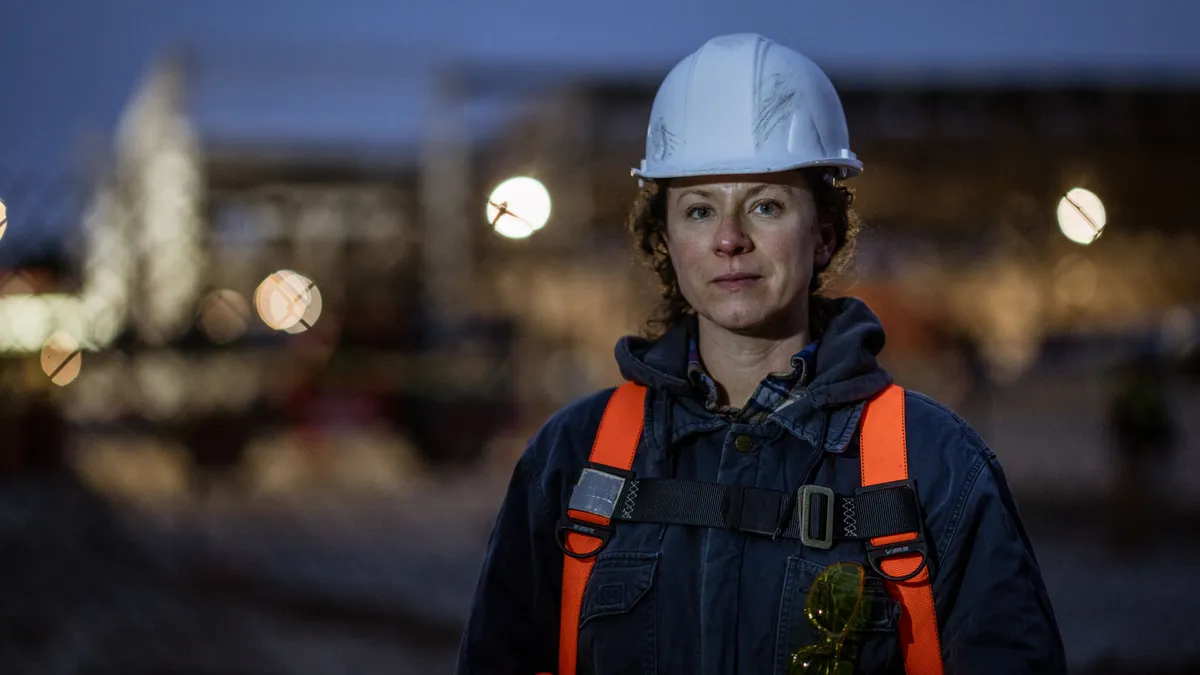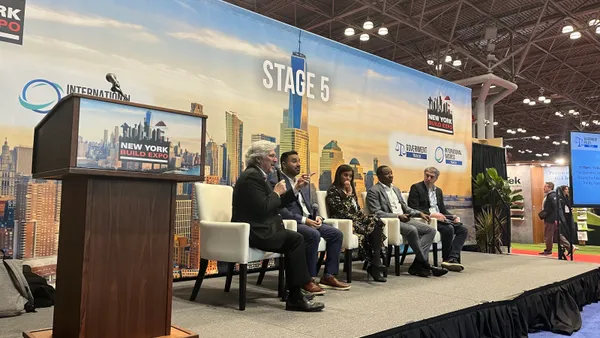Dive Brief:
- United Kingdom-based startup SenSat secured $4.5 million in seed funding for further development of its artificial intelligence product, which is targeted at the infrastructure construction sector, TechCrunch reported. The seed round was backed by Force Over Mass, Round Hill Venture Partners and Zag.
- SenSat uses drone imagery and spatial data to create a real-time simulation of a real-world location. The simulation allows a computer to learn how things work in that space and to make optimal decisions based on a wide range of variables. SenSat said, for example, its product can learn design requirements for a particular project and in minutes, select the most efficient design approach out of thousands of options.
- Infrastructure construction is the startup’s first target because of the availability of data on small- to medium-size areas and the potential of time and cost savings amounting to 40% of the project’s value, according to TechCrunch. The company plans to scale its product in size and complexity in the future.
Dive Insight:
Of all the technologies coming to the forefront in construction, artificial intelligence may offer the most time savings. Algorithms like the one from SenSat can run tedious numbers, scenarios and project variations in a fraction of the time it would take a contractor or designer.
In June, San Francisco-based UpCodes launched a beta software plug-in that uses AI to run a “spell-check” on a building model’s code compliance. UpCodes AI technology draws from a database that is kept up-to-date with the latest building code amendments and updates and flags any areas of a project’s design that do not comply. The company said the platform identifies an average of 27 code violations per project, allowing project teams to proactively address to avoid rework.
Similar to SenSat, startup indus.ai creates a “digital twin” of a jobsite, from which an AI algorithm can learn patterns and highlight inefficiencies. The product, which the firm raised $3.7 million for in a recent seed round, pulls video footage from cameras mounted throughout a site and generates reports on the vehicles, workers and materials moving throughout. Skanska touts the product as a way to improve subcontractors’ accountability and owners’ visibility on their projects.
Startups like these have seen a collective $1 billion inflow of venture capital investment during the first half of 2018. A Jones Lang LaSalle Inc. report found that spending in the segment is outpacing overall tech startup investment growth in the U.S., and as of July 18, had surpassed last year’s total by 30%.














